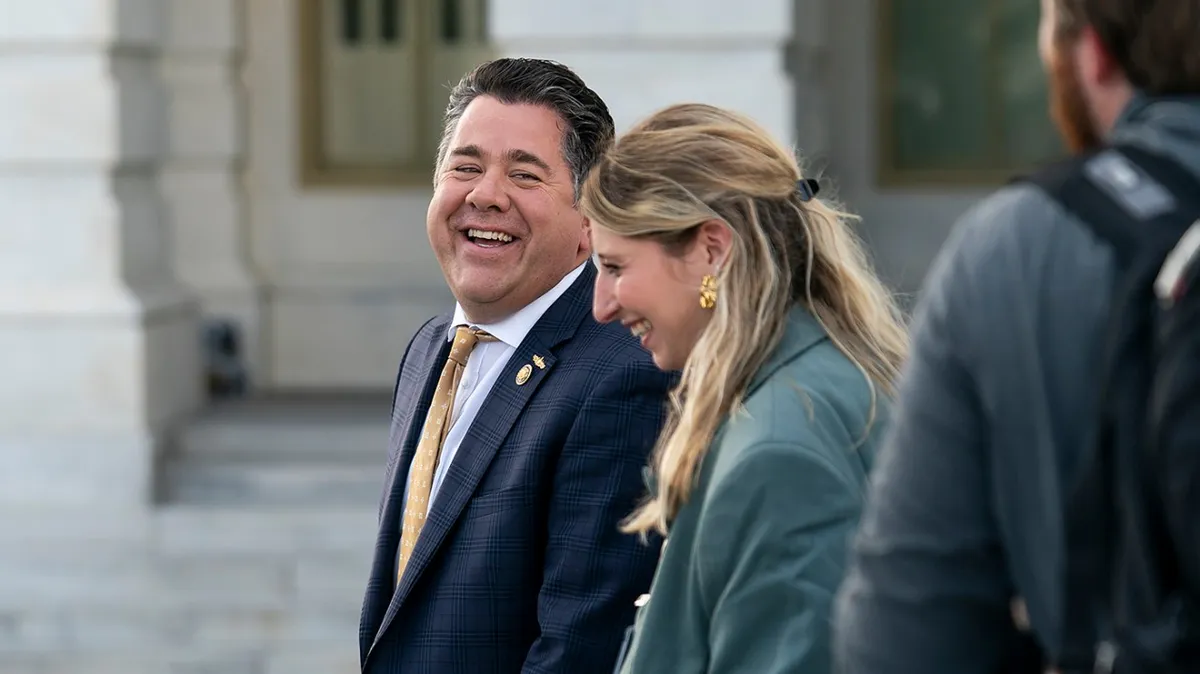
In a pivotal development, Speaker Mike Johnson (R-La.) and a coalition of moderate Republicans have made significant strides toward reaching an agreement on the contentious state and local tax (SALT) deduction cap. According to three sources familiar with the negotiations, this resolution addresses a longstanding obstacle that has hindered the passage of the party's ambitious "big, beautiful bill."
The new proposal aims to increase the SALT deduction cap to $40,000, a substantial increase from the current $10,000 limit. This adjustment would specifically apply to individuals earning $500,000 or less annually. Furthermore, one source indicated that this cap would see an annual increase of 1 percent over the next decade. This adjustment is a notable enhancement from the existing $30,000 cap, which is coupled with a $400,000 income threshold that members of the SALT Caucus have firmly opposed.
The House Rules Committee is set to convene at 1 a.m. on Wednesday to deliberate on potential modifications to the bill. While several members of the SALT Caucus have expressed support for the proposed changes, Speaker Johnson faces the challenge of persuading hardline conservatives, particularly those within the House Freedom Caucus, who have shown resistance to any significant increase in the SALT deduction cap.
After a meeting in the Speaker's office on Tuesday night, members of the SALT Caucus reported that while a definitive agreement has not yet been finalized, notable progress has been made. Rep. Nick LaLota (R-N.Y.) remarked to reporters, “We weren’t even in the same universe a couple of days ago. We’re on the same ballfield now.” This statement underscores the substantial headway made in the discussions between Johnson and the SALT Caucus, marking a crucial step toward the passage of the proposed legislation.
The negotiations have been complex, with Speaker Johnson and moderate Republicans from high-tax blue states grappling for weeks to reach a consensus on this critical, yet intricate issue. In a turn of events, Rep. Elise Stefanik (R-N.Y.), who is contemplating a gubernatorial run, has become more actively involved in these discussions following her unexpected withdrawal from the nomination for United Nations Ambassador. Sources reveal that she urged Johnson to reconsider the previously proposed $30,000 figure, which she described as “insulting” in a joint statement with fellow SALT-focused New York Republicans, including Reps. Mike Lawler, Andrew Garbarino, and LaLota.
Notably, Stefanik did not join a statement from five core SALT Republicans on Tuesday, coinciding with former President Trump’s visit with House Republicans on Capitol Hill. During his address, Trump advised lawmakers to “let SALT go,” signaling his support for the $30,000 cap, which he argued would benefit “Democrat governors.” His comments specifically targeted Lawler, who has been a vocal advocate for increasing the SALT deduction cap. Following Trump’s remarks, Lawler initially stood firm, stating he was “not budging.” However, later that day, following discussions in the Speaker's office, he indicated that GOP leaders had proposed “an improved offer” to SALT Caucus members, with lawmakers awaiting cost estimates from the Joint Committee on Taxation.
The ongoing negotiations around the SALT deduction cap exemplify the complexities of tax reform within the Republican Party. As Speaker Mike Johnson and moderate Republicans continue to navigate these discussions, the outcomes will significantly impact the future of the party’s “big, beautiful bill” and the financial landscape for taxpayers in high-tax states.